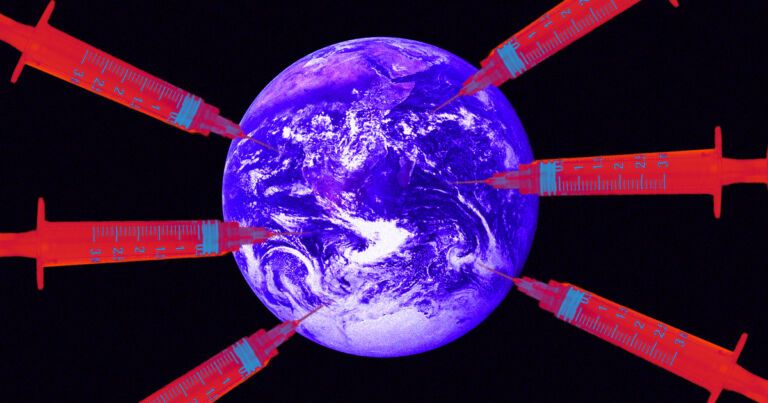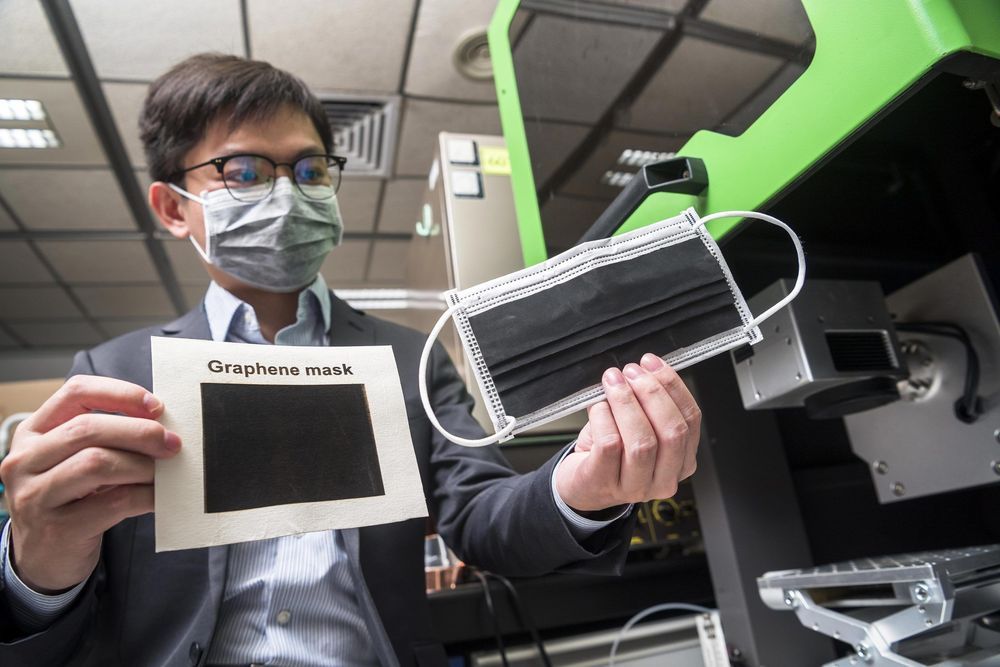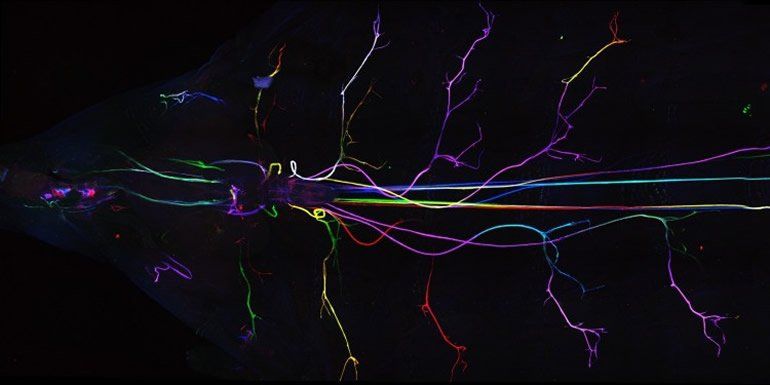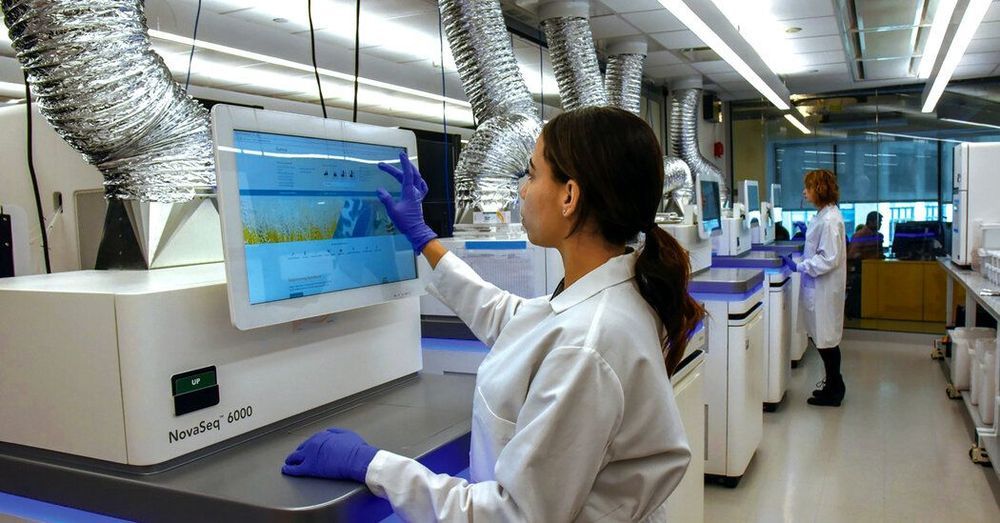September 14, 2020 — The use of artificial intelligence (AI) in radiology to aid in image interpretation tasks is evolving, but many of the old factors and concepts from the computer-aided detection (CAD) era still remain, according to a Sunday talk at the Conference on Machine Intelligence in Medical Imaging (C-MIMI).
A lot has changed as the new era of AI has emerged, such as faster computers, larger image datasets, and more advanced algorithms — including deep learning. Another thing that’s changed is the realization of additional reasons and means to incorporate AI into clinical practice, according to Maryellen Giger, PhD, of the University of Chicago. What’s more, AI is also being developed for a broader range of clinical questions, more imaging modalities, and more diseases, she said.
At the same time, many of the issues are the same as those faced in the era of CAD. There are the same clinical tasks of detection, diagnosis, and response assessment, as well as the same concern of “garbage in, garbage out,” she said. What’s more, there’s the same potential for off-label use of the software, and the same methods for statistical evaluations.






